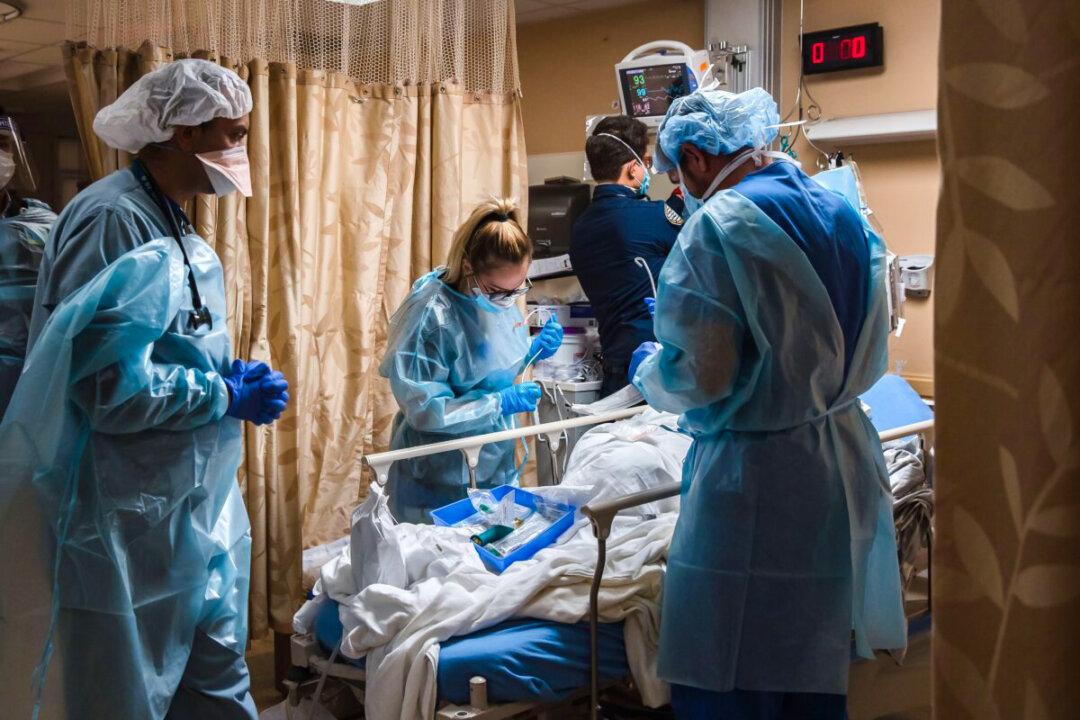People who get COVID-19 are more likely to suffer from mental health problems, according to a newly published study.
Researchers found that people with COVID-19 who didn’t die were at a 60 percent higher risk of any mental health diagnosis or prescription, with problems including sleep disorders, depression, and neurocognitive decline.






